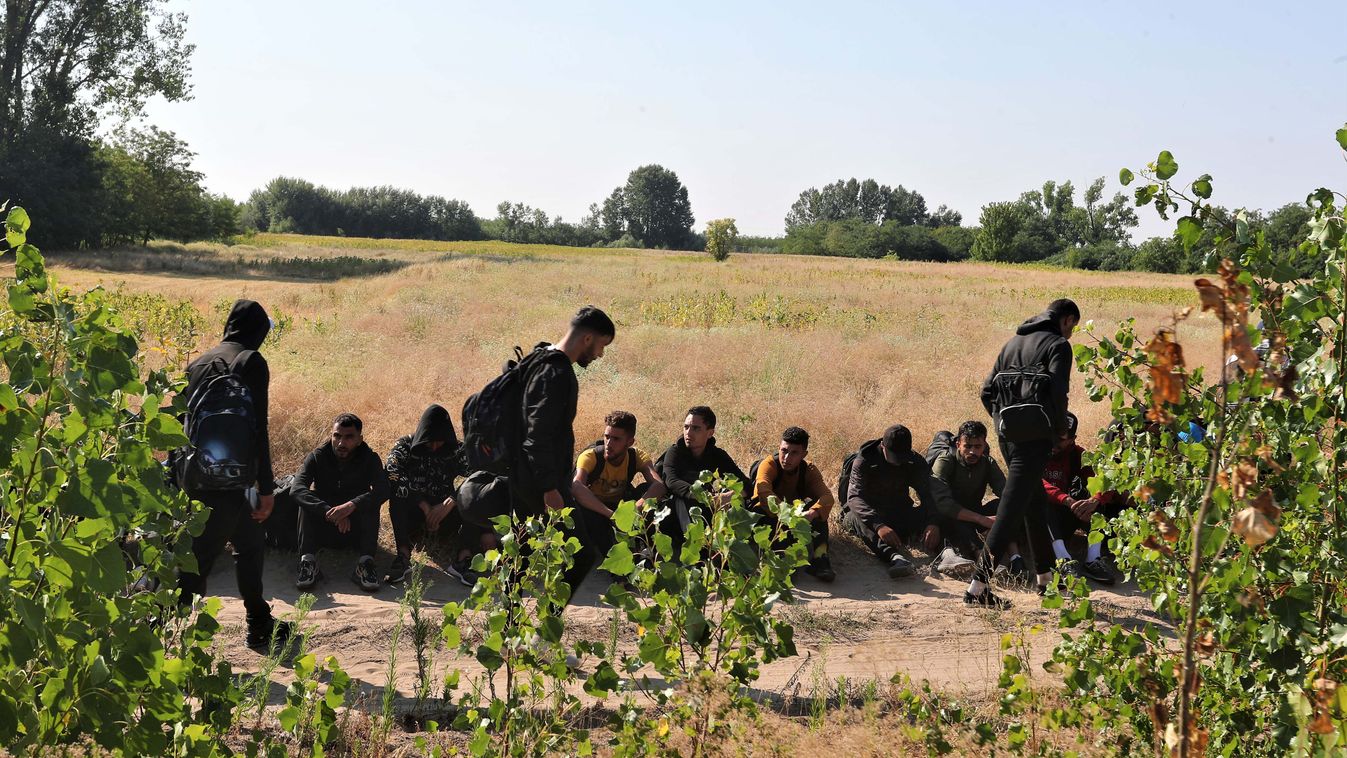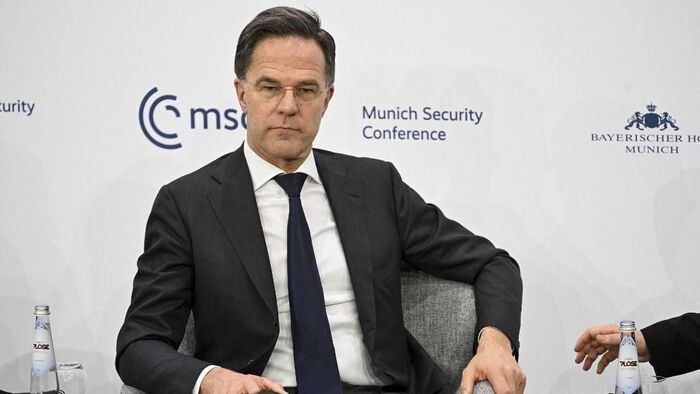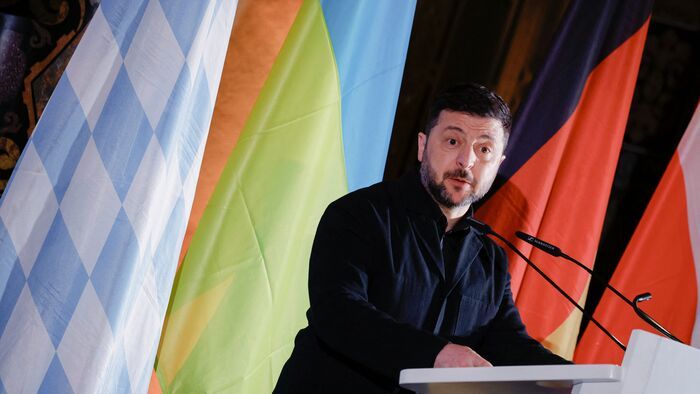Mass, uncontrolled migration is a universal human crime that violates the rights, legitimate interests and well-being of all concerned in the destination countries, the countries of origin, the transit countries and the migrants themselves. Despite this obvious fact, a vast network of ideologically motivated forces has emerged in recent decades under the banner of the "open society" to perpetuate this crime. The America First Policy Institute (AFPI) and the Center for Fundamental Rights have teamed up to produce a policy study aimed at uncovering the causes of mass immigration, exposing the promoters of migration and the means they use, as well as showing possible solutions and the broader political-ideological-cultural context.
Considered one of the most influential think tanks in North America, AFPI was founded in 2021 by members of Donald Trump's administration - including former director of the president's National Economic Council, Larry Kudlow - and prominent conservative experts with the undisguised aim of preparing the legal, intellectual and policy groundwork for President Trump's return and successful administration after the 2024 elections. This means that some or all of this study could become official US policy if the American electorate votes in Donald Trump again in the forthcoming presidential elections.
A joint study by AFPI and the Center for Fundamental Rights outlines the congruent experiences of the United States and Hungary regarding border security and uncontrolled mass migration. It highlights how mass migration is a political tool of the Left to change the cultural landscape and undermine conservative values.
One of the central challenges facing the West is the demographic crisis, which manifests itself in declining birth rates and in aging populations. To alleviate the demographic winter, the solution is obvious: have more children. To achieve this, it is necessary to introduce family-friendly policies, which we, in Hungary, have already started to successfully implement in the last decade. Liberals and leftists, however, recommend increasing the pace of migration. Some among them may be urging this "only" because they are trying to find an immediate solution to the problem - even though there is none -, others may want to gain an electoral advantage from new immigrants, but there are also some more malicious actors among the left-wing forces pushing for migration.
George Soros has created a highly influential network of people masquerading as "civilians", who ally themselves with other actors of obscure backgrounds and no public accountability with the stated intention of convincing Western societies that "diversity is strength", despite the West's millennia of history providing ample and convincing evidence to the contrary. Their goal goes far beyond gaining unfair advantage in elections; this postmodern leftist ideology and its adherents seek to undermine the economic foundations of nations, state sovereignty and representative democracy, with the ultimate aim of radically transforming Western civilization beyond recognition.























Szóljon hozzá!
Jelenleg csak a hozzászólások egy kis részét látja. Hozzászóláshoz és a további kommentek megtekintéséhez lépjen be, vagy regisztráljon!